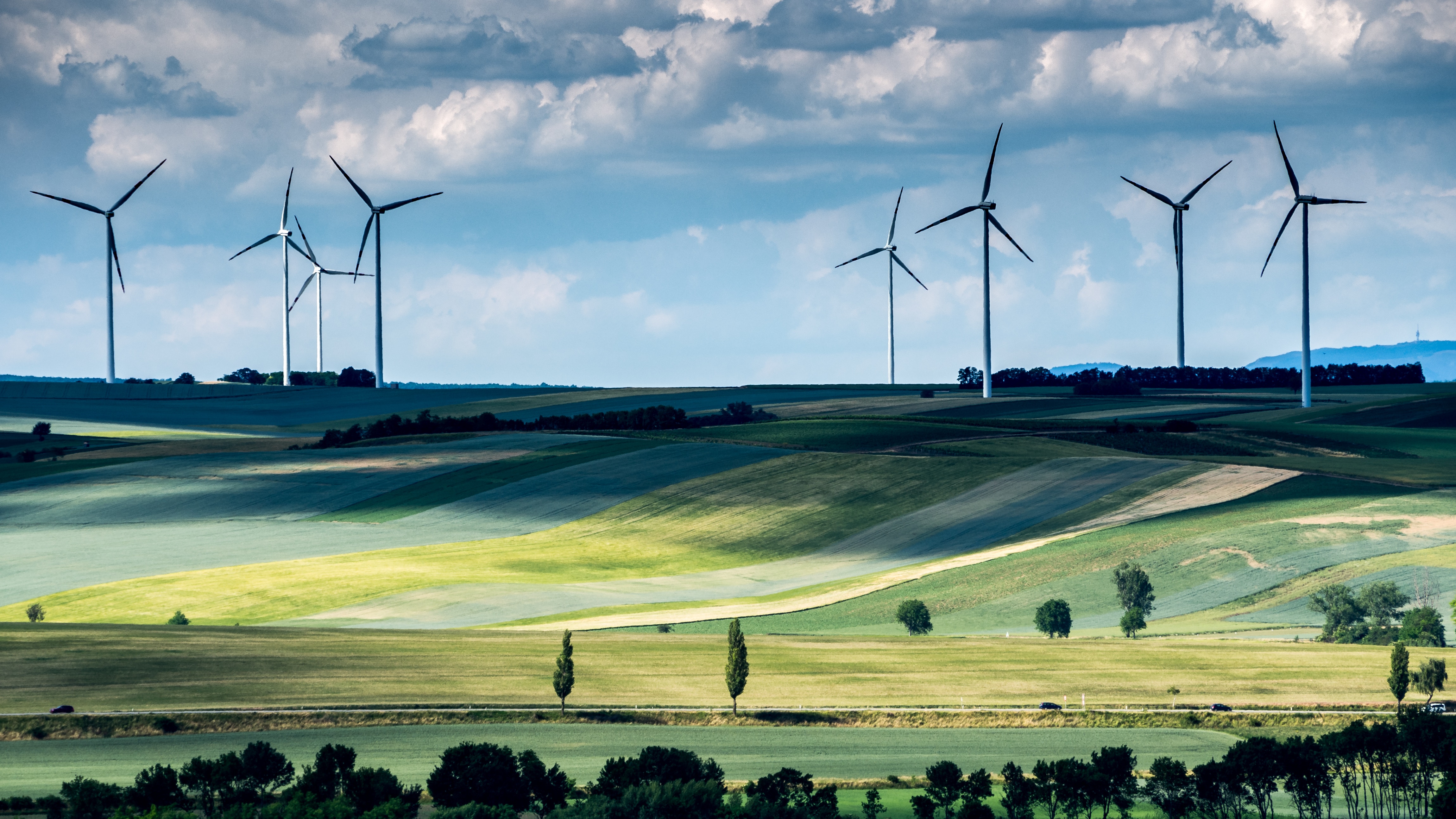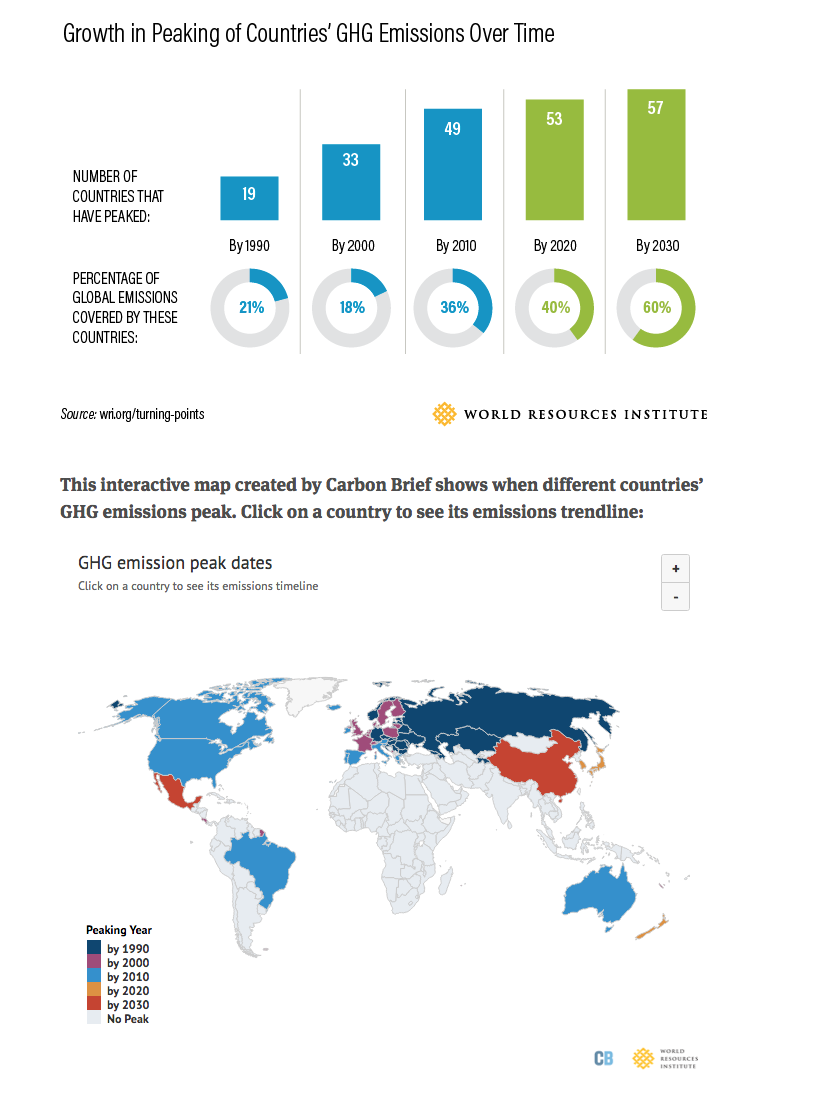 At the Cusp of a New Era: Signs of Hope as CO2 Emissions Plateau in 49 Countries
At the Cusp of a New Era: Signs of Hope as CO2 Emissions Plateau in 49 Countries
As we stand at the horizon of a potential turning point, there is mounting evidence that carbon dioxide (CO2) emissions have already reached their peak in 49 nations. While countries like China and India still face significant challenges in curbing their emissions, the landscape is gradually shifting towards a more sustainable future. Despite the arduous task ahead, the cost-effectiveness of clean technologies is increasingly apparent, and their adoption brings about a cascade of health and financial benefits. A rare and pleasant surprise may be in store for us all.
The United States, in particular, has witnessed substantial progress since 2007. The power sector has successfully reduced its carbon emissions by an impressive 28%, marking a significant milestone. Moreover, total U.S. carbon emissions from fossil fuel consumption peaked in 2007, setting the stage for a transformative shift in energy production and consumption. The electric power sector, historically the largest direct contributor to total U.S. carbon emissions since 1977, has been rapidly deploying cleaner energy sources, reshaping the energy landscape in remarkable ways.
Between 1990 and 2007, the combined growth of the U.S. electric power and transportation sectors resulted in a 19% increase in total carbon emissions. However, since 2007, improved efficiencies and the integration of effective clean energy solutions have driven a noteworthy reduction in emissions. While continued robust government policy may still be necessary, several price signals have emerged, facilitating the reduction of CO2 emissions. California, for instance, already generates approximately 30% of its energy from renewable resources, exemplifying the possibilities that lie ahead.
Clean energy not only offers cost savings but also translates into millions of dollars saved in healthcare expenses. Furthermore, it reduces the risks of international conflicts and fosters self-reliance. With its ability to protect the environment and preserve our atmosphere, clean energy stands as an embodiment of what we should aspire to. In contrast, fossil fuels appear outdated and antiquated, as the momentum towards cleaner alternatives appears unstoppable. As individuals, we can make a difference by opting for ride-sharing or purchasing electric cars for our next vehicle, continuously advocating for a clean energy economy.
While challenges remain, there is a growing sense of optimism as countries worldwide demonstrate the technical capacity to address climate issues. What we truly lack is the collective will to implement change—a responsibility that rests upon all of us. Fortunately, this momentum is building, irrespective of the current administration's actions. Let us seize this opportunity to shape a sustainable future, where innovation and collective action pave the way for a better world.
Article by Daisy Carlson | Photo by Dimitry Anikin
Carbon Facts from World Resource Institute
